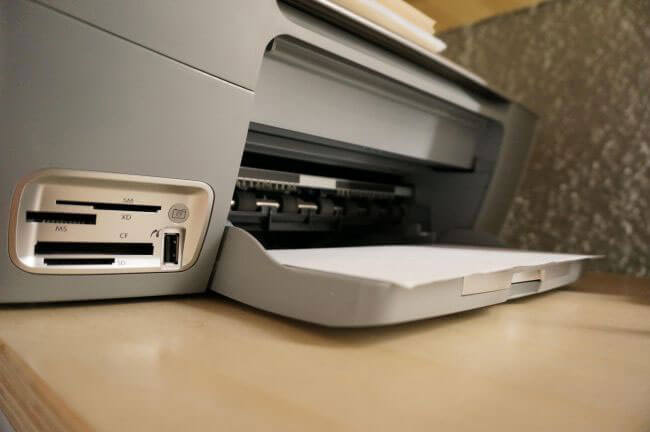A proposal to push back the reporting of law school graduate employment rates by a month was deferred to August by the American Bar Association, according to a report by The ABA Journal. The change was advocated by a number of law school deans, who feel that differences between each state bar association’s reporting of bar exam results is creating unfair advantages in the law school graduate employment rates. The proposal was to be voted on by the governing council of the ABA Section of Legal Education and Admissions to the Bar at their most recent meeting, but it was decided to table the proposal until the summer.
The council met on Friday in St. Louis and determined that there was no rush to act on the change, as it would not affect ABA procedures until later this year. The delay in the vote will also provide for those who feel passionately about the proposal ample opportunity to provide the council with their comments.
The proposal was put forward by the council’s data policy and collection committee, which heard from deans of law schools in states like New York and California, whose bar exam takers do not receive their results until much later than takers in other states. Because the results in these states are released later, many feel that recent graduates have a more extended time table when it comes to finding full time employment. Changes in the legal job market have made it so that students are much less likely to be hired while still in law school, and admission to a state bar is now a more common requirement for full time employment. As such, graduates in states where bar results are released later are finding employment later.
Some law school deans say that because their students are finding jobs later than students in other states, the ABA should adjust their reporting of law school graduate employment in order to level the playing field between states that release bar exam results earlier and states that release results later.
Critics of the proposal say that there is no evidence that a later release of bar exam results has any effect on employment or law school graduate employment rates.
Currently, the ABA measures employment data on February 15 of each year, and the proposal would push that date back to March 15, from nine months after graduation to ten months.
The ABA Journal reports that, at the meeting, the council did approve a number of changes in the standard governing of what types of consumer information law schools are required to disclose.

















































